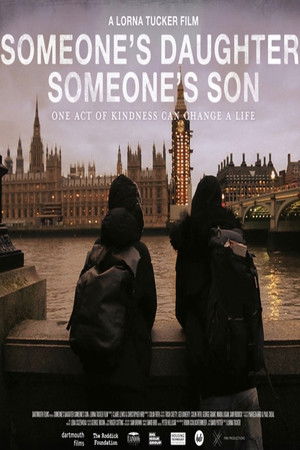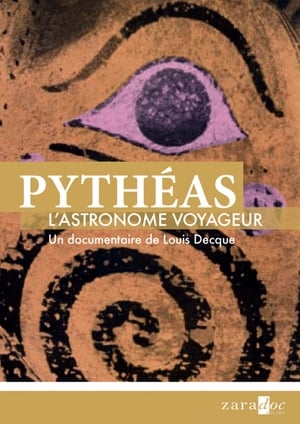
Someone's Daughter, Someone's Son(2024)
One act of kindness can change a life
Now a successful filmmaker, Lorna Tucker was once a teenage runaway sleeping rough on the streets of London. For this frank, forceful and inspiring documentary, she returns to her former haunts and speaks to current and former homeless people about why, twenty-five years later, record numbers of people are still reduced to living on Britain's streets.


Movie: Someone's Daughter, Someone's Son
Video Trailer Someone's Daughter, Someone's Son
Similar Movies
 7.4
7.449 Up(en)
49 Up is the seventh film in a series of landmark documentaries that began 42 years ago when UK-based Granada's World in Action team, inspired by the Jesuit maxim "Give me the child until he is seven and I will give you the man," interviewed a diverse group of seven-year-old children from all over England, asking them about their lives and their dreams for the future. Michael Apted, a researcher for the original film, has returned to interview the "children" every seven years since, at ages 14, 21, 28, 35, 42 and now again at age 49.In this latest chapter, more life-changing decisions are revealed, more shocking announcements made and more of the original group take part than ever before, speaking out on a variety of subjects including love, marriage, career, class and prejudice.
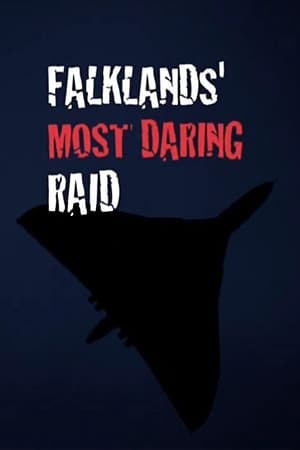 0.0
0.0Falklands' Most Daring Raid(en)
Documentary film about the then longest range bombing mission in history, which changed the outcome of the Falklands War.
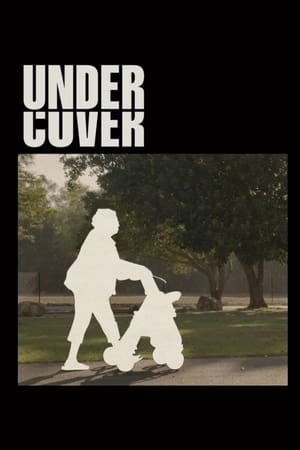 6.0
6.0Under Cover(en)
Some 240,000 women over 55 are at risk of homelessness In Australia – a figure both surprising (owing to this demographic being less likely to speak up about their difficulties) and shocking, given this country’s wealth. Under Cover introduces us to 10 of these people, including a survivor of domestic violence, a former advertising executive, a self-confessed loner and a displaced immigrant, for whom security and shelter are constant unknowns and who, until now, have suffered in silence.
The Homestretch(en)
Three homeless teenagers brave Chicago winters, the pressures of high school, and life alone on the streets to build a brighter future.
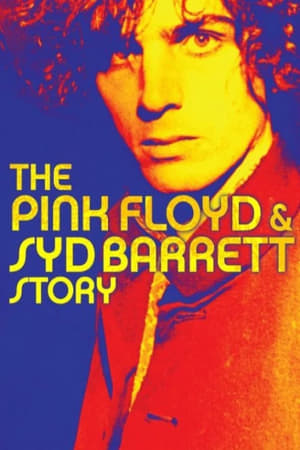 7.8
7.8The Pink Floyd and Syd Barrett Story(en)
The full bizarre, tragic but celebratory story of Syd Barrett, the co-founder of Pink Floyd.
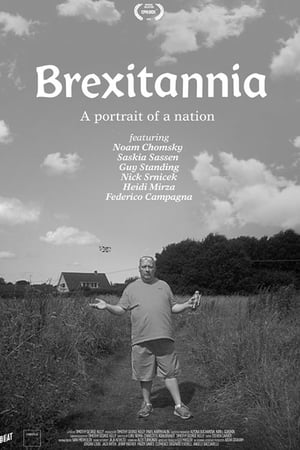 7.9
7.9Brexitannia(en)
A sociological portrait of the United Kingdom after the historic Brexit vote of 2016. A funny, sometimes terrifying and non-judgemental look at the new populist politics sweeping western democracies.
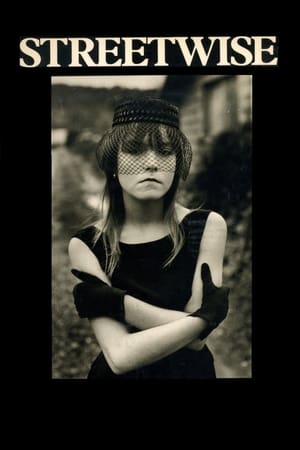 7.5
7.5Streetwise(en)
This documentary about teenagers living on the streets in Seattle began as a magazine article. The film follows nine teenagers who discuss how they live by panhandling, prostitution, and petty theft.
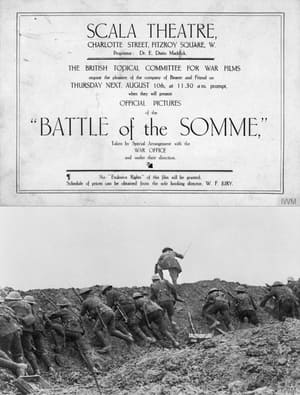 6.5
6.5The Battle of the Somme(en)
A documentary and propaganda film which shows the British Army's preparations for, and the early stages of, the battle of the Somme.
This Beggar's Description(en)
It's a sensitive, moving doc chronicling the life of Tétrault's brother Philip , a Montreal poet, musician and diagnosed paranoid schizophrenic. A promising athlete as a child, Philip began experiencing mood swings in his early 20s. His extended family, including his daughter, share their conflicted feelings love, guilt, shame, anger with the camera. They want to make sure he's safe, but how much can they take?
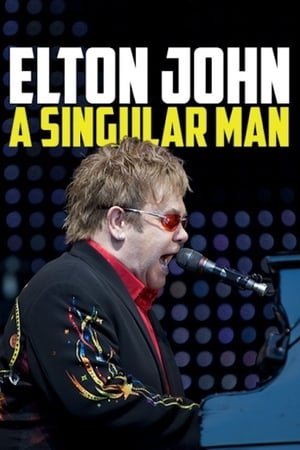 6.2
6.2Elton John: A Singular Man(en)
An in-depth portrait of British composer, pianist and singer Elton John, pop star and myth of modern culture.
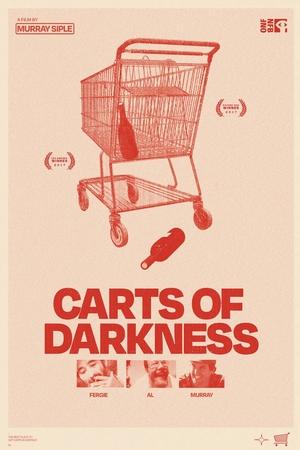 6.8
6.8Carts of Darkness(en)
In the picture-postcard community of North Vancouver, filmmaker Murray Siple follows men who have turned bottle-picking, their primary source of income, into the extreme sport of shopping cart racing. Enduring hardships from everyday life on the streets of Vancouver, this sub-culture depicts street life as much more than stereotypes portrayed in mainstream media. The films takes a deep look into the lives of the men who race carts, the adversity they face, and the appeal of cart racing despite the risk.
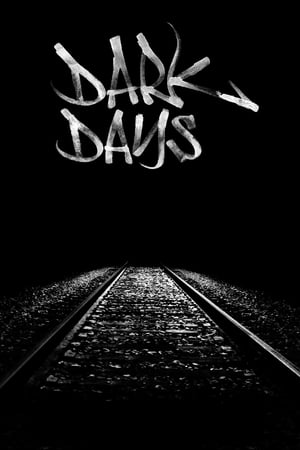 7.3
7.3Dark Days(en)
A cinematic portrait of the homeless population who live permanently in the underground tunnels of New York City.
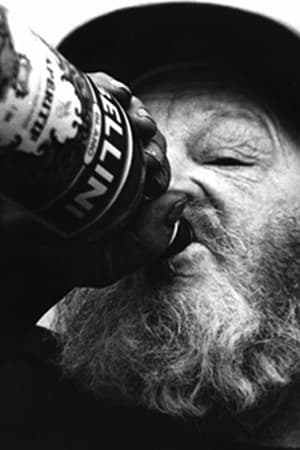 0.0
0.0The Street(en)
Every day, on the streets of Canada's cities, we pass them on our way to work or school. Bums, beggars, winos, bag people we call them. But who is the person at the end of that outstretched arm? What is life on the street really like? Is there a way off the street? For six years, director Daniel Cross followed the lives of three homeless men who spent much of their time in and around a Montreal subway station. Filmed in a cinema verité style, the film is unique: it humanizes the homeless, breaking down the barrier between us and them, neither moralizing nor offering easy answers. This is a gritty, compelling look at life on the streets that moves beyond the media stereotypes to show both the humanity of the homeless and the street-toughened aspects of their existence.
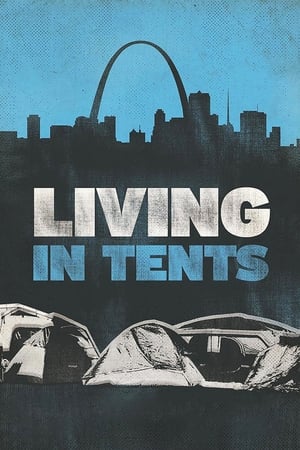 0.0
0.0Living in Tents(en)
In January 2011 Paul Crane discovered a tent city in downtown St. Louis, along the Mississippi River. He was curious as to who these people were, how they ended up there, and what life was like for them each day. He initially thought he would simply go down during the day and capture footage when possible, but he quickly realized that if he wanted to truly capture how these people lived and the full reality of their collective and individual existence, he would have to be there full time and become a part of the place, so he moved in with them.
Three Is Company(en)
An American couple tour Britain with a teenage girl, visiting London, Canterbury, Cambridge, the West Country, Caernarvon, etc.
 6.5
6.5Hotel 22(en)
Each night in Silicon Valley, the Line 22 transforms from a public city bus into an unofficial shelter for the homeless in one of the richest parts of the world.
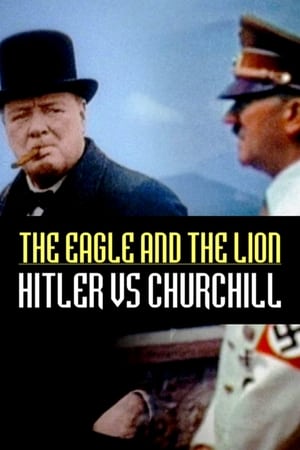 8.6
8.6The Eagle and the Lion: Hitler vs Churchill(fr)
Winston Churchill, one of the most revered men of the twentieth century. Adolf Hitler, one of the most hated leaders in contemporary history. Between 1940 and 1945, these two enormously contradictory personalities faced each other in both politics and war. A clash of giants whose story begins in the trenches of the World War I and ends with the debacle of the World War II.
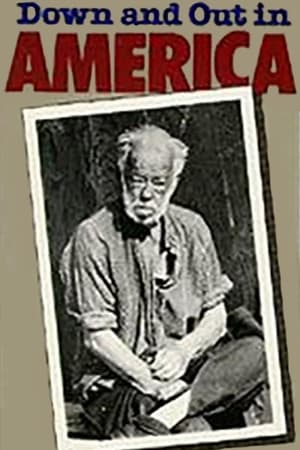 6.7
6.7Down and Out in America(en)
The recession of the 1980s split the country into the haves and have-nots, from family farmers to factory workers and homeless people forced to live in decrepit welfare hotels. On the verge of losing everything, courageous Americans discover the power of community organizing to fight injustice.
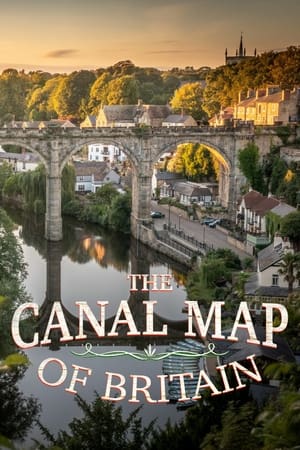 0.0
0.0The Canal Map of Britain(en)
A look at Britain's beloved canal network via a fact-filled cruise along the first superhighways of the Industrial Revolution. In the age before mechanisation, a frenzy of canal-building saw a new army of workers carve out the British landscape, digging out hundreds of miles of waterways using picks, shovels and muscle.
